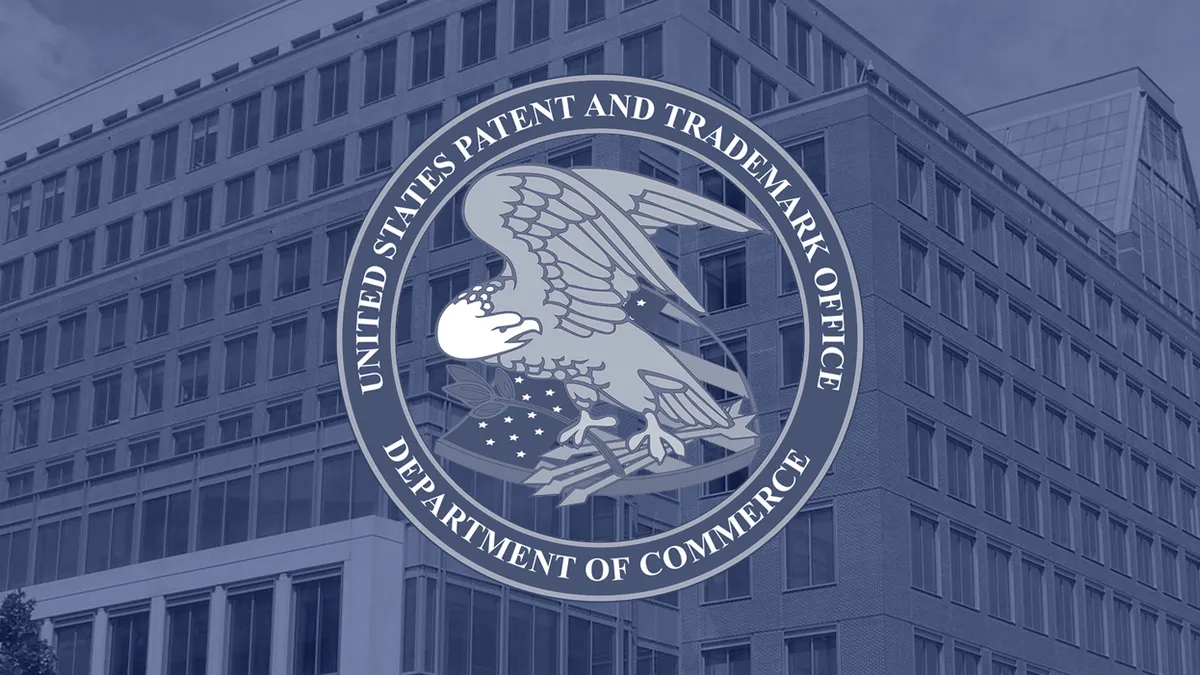Dive Brief:
- The U.S. Patent and Trademark Office's Patent Trial and Appeal Board has decided to move forward in reviewing claims made by sacral neuromodulation specialist Axonics against Medtronic.
- Irvine, California-based Axonics gained an FDA approval one year ago to become Medtronic's first challenger in the market for neurostimulators to treat fecal incontinence and has since added overactive bladder and urinary retention indications. Axonics filed seven inter partes review petitions regarding Medtronic patents in March. The PTAB agreed last week that six of those requests for review are warranted.
- It's the latest in a back-and-forth patent dispute between the two companies. Medtronic sued Axonics at the end of last year for intellectual property infringement related to four patents.
Dive Insight:
Since Axonics joined the sacral neuromodulation market, it and Medtronic have been going tit for tat on regulatory approvals and accusations of patent infringement.
The PTAB's inter partes review decision on the six patents reflects "reasonable likelihood" that Axonics would at least partly prevail on claims laid out in its petition. The patents in question relate primarily to technology for lead fixation, energy transfer and recharging systems.
"Medtronic remains confident in the merits of the patent infringement case it brought against Axonics last November, and the strength of our extensive SNM IP portfolio," Medtronic said in an emailed statement.
Additionally, the company noted that one of the Medtronic patents Axonics contested — which covers a charging technology — was re-affirmed in a final USPTO decision as being valid. "Medtronic will continue with our patent infringement lawsuit."
Axonics' stock is currently trading near all-time highs. The U.K.'s National Institute for Health and Care Excellence, which conducts "case for adoption" reviews, recommended Axonics' r-SNM system for treating overactive bladder in guidance issued at the beginning of September. Days later, the company reported two-year results from a pivotal study assessing its device in 129 urinary urge incontinence patients.
At the two-year mark, 88% of implanted participants were responders to the therapy (urgency incontinence episodes were cut in half, or better), versus 89% at the one-year mark. The company said there were no serious device-related adverse events.
Although Axonics beat Medtronic to market as the first manufacturer to have a rechargeable system with full-body MRI conditional labeling, Medtronic in August received FDA approval for its InterStim Micro sacral neuromodulation system, giving the company the claim of having the smallest such system by 50%.
Shortly thereafter, Medtronic began its 160-patient real-world study of the device in patients with overactive bladder, fecal incontinence and non-obstructive urinary retention.
This story has been updated with additional comment from Medtronic.











